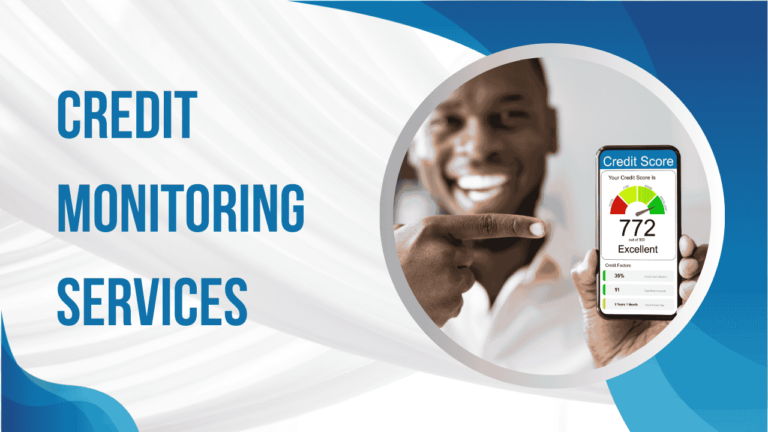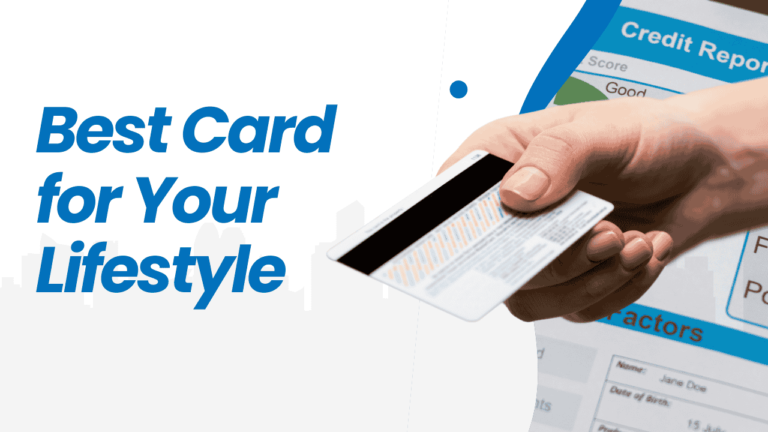How to Improve Your Credit Score Quickly
Your credit score plays a crucial role in your financial health, impacting everything from loan approvals to interest rates on credit cards. A higher credit score can save you thousands of dollars in interest over the life of a loan and give you better access to financial opportunities. If you’re looking to improve your credit score quickly, here are some effective strategies to get you on the right track.
1. Check Your Credit Report for Errors
The first step to improving your credit score is to review your credit report. You can obtain a free copy of your credit report from each of the three major credit bureaus—Equifax, Experian, and TransUnion—once a year through AnnualCreditReport.com. Look for any inaccuracies, such as incorrect personal information, accounts that don’t belong to you, or errors in account balances and payment statuses.
If you find any errors, dispute them with the credit bureau. Correcting inaccuracies can quickly boost your credit score, as they might be unfairly dragging it down.
2. Pay Down Outstanding Balances
One of the most effective ways to quickly improve your credit score is to pay down your outstanding balances, especially on revolving credit accounts like credit cards. Your credit utilization ratio—the amount of credit you’re using compared to your credit limit—accounts for about 30% of your credit score. Aim to keep your utilization below 30%, and ideally below 10%, for the best impact.
If you have multiple credit cards, consider paying off the ones with the highest interest rates first, or tackle smaller balances to reduce the number of accounts with outstanding balances.
3. Make Payments on Time
Payment history is the most significant factor in your credit score, making up about 35% of the total. Even one late payment can negatively impact your score. Set up reminders or automatic payments to ensure you never miss a due date. If you have past-due accounts, bring them current as soon as possible. While late payments can stay on your credit report for up to seven years, their impact on your score diminishes over time, especially if you maintain a record of on-time payments moving forward.
4. Increase Your Credit Limit
Another way to improve your credit utilization ratio is to increase your credit limit. This can be done by requesting a credit limit increase on your existing credit cards. However, it’s important to avoid increasing your spending as your limit increases. The goal is to have a higher limit while keeping your balances low, which improves your credit utilization ratio and, in turn, your credit score.
5. Keep Old Accounts Open
The length of your credit history accounts for 15% of your credit score. Closing old accounts can shorten your average credit age, which might negatively impact your score. Instead of closing old accounts, keep them open and use them occasionally to keep them active. This helps maintain a longer credit history and can positively influence your score.
6. Diversify Your Credit Mix
Having a mix of different types of credit accounts, such as credit cards, auto loans, and mortgages, can also benefit your credit score. Your credit mix accounts for about 10% of your score. If you only have one type of credit, consider diversifying your accounts. However, be cautious when opening new accounts, as each application results in a hard inquiry, which can temporarily lower your score.
7. Use Experian Boost
Experian Boost is a free service that allows you to add your utility and telecom payment history to your Experian credit report. These payments are typically not included in your credit report, but adding them can potentially boost your credit score if you have a positive payment history. It’s a quick and easy way to give your credit score a lift without taking on additional debt.
8. Become an Authorized User
If you have a trusted family member or friend with a strong credit history, you can ask them to add you as an authorized user on their credit card account. As an authorized user, the account’s payment history and credit utilization will be included in your credit report, which can help improve your score. Ensure the primary account holder has a good payment history and low credit utilization for the best results.
9. Negotiate with Creditors
If you have outstanding debts, try negotiating with your creditors. In some cases, they might agree to settle for a lower amount or offer a payment plan that can help you pay off your debt more quickly. Additionally, you can request that they report the account as “paid as agreed” to the credit bureaus, which can positively impact your credit score.
10. Monitor Your Credit Regularly
Regularly monitoring your credit can help you stay on top of your credit score and catch any potential issues early. Many financial institutions offer free credit score monitoring as a perk, and there are also various online services available. By keeping an eye on your credit report, you can take immediate action if you notice any changes or inaccuracies.
Conclusion
Improving your credit score quickly requires a proactive approach and consistent effort. By checking your credit report for errors, paying down balances, making timely payments, and utilizing other strategies mentioned above, you can see a noticeable improvement in your credit score. Remember, while quick fixes can provide a temporary boost, maintaining good credit habits over the long term is key to sustaining a healthy credit score.






